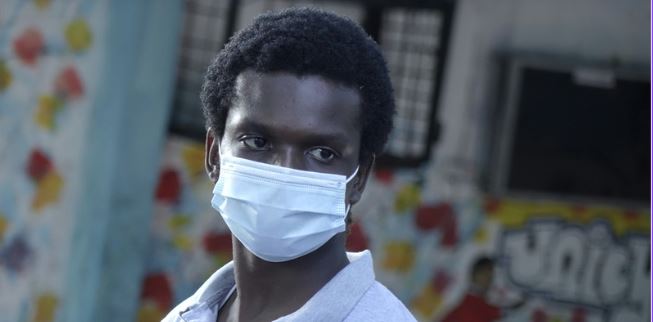Global Health Experts Warn of New Emerging Infectious Disease Threats
Geneva, Switzerland
On January 25, 2024, leading global health experts convened at the World Health Organization’s (WHO) annual meeting in Geneva to address the growing concerns regarding new emerging infectious diseases. The event, which brought together virologists, epidemiologists, and policymakers from around the world, highlighted the rising threat posed by newly discovered pathogens and the potential for future pandemics.
Dr. Maria Van Kerkhove, WHO’s technical lead for health emergencies, opened the session with a stark warning about the rapid pace at which new infectious diseases are emerging. “Over the past few years, we have seen an alarming rise in zoonotic diseases—diseases that are transmitted from animals to humans,” she said. “The emergence of new diseases is not a matter of if, but when—and we need to be prepared.”
One of the key concerns discussed during the conference was the increasing frequency of cross-species transmission, where viruses leap from animals to humans, often with devastating consequences. The recent outbreaks of the H5N1 avian flu in several countries and the discovery of a novel coronavirus strain in Southeast Asia were among the top topics of discussion. Although neither disease has reached the scale of the COVID-19 pandemic, experts warned that the risk of new pandemics remains high.
The conference also focused on the growing issue of antimicrobial resistance (AMR), which occurs when bacteria and other microbes evolve to resist the drugs designed to kill them. AMR is becoming an urgent global health threat, as it makes infections harder to treat, leading to longer hospital stays, higher medical costs, and increased mortality. Dr. Tedros Adhanom Ghebreyesus, WHO’s Director-General, urged world governments to invest in research and development for new antibiotics and diagnostic tools. “We are on the brink of entering a post-antibiotic era, where even minor infections could become fatal,” Dr. Tedros warned.
Global health leaders emphasized the importance of early detection, rapid response systems, and international collaboration in addressing emerging diseases. They also called for greater investment in public health infrastructure and pandemic preparedness. In light of lessons learned from the COVID-19 pandemic, experts stressed the need for stronger global cooperation and data sharing to prevent the spread of infectious diseases across borders.
The WHO announced that it would launch a new global health initiative aimed at strengthening the surveillance and early warning systems for infectious diseases. The initiative will focus on high-risk areas, such as wildlife habitats and urban slums, where the risk of disease transmission is particularly high. Additionally, the initiative will aim to promote better coordination between governments, international organizations, and the private sector.
Despite the challenges, the meeting also highlighted significant progress in global health. For example, the global vaccination campaign against diseases like polio and measles continues to show success, and several countries have made strides in strengthening their healthcare systems. Dr. Van Kerkhove noted that the progress made in the fight against COVID-19, including the rapid development of vaccines, has demonstrated the power of science and international cooperation.
In the face of these emerging threats, the WHO’s message was clear: the global community must remain vigilant, prepared, and unified to tackle the next wave of infectious diseases. The upcoming year will see increased efforts in surveillance, research, and pandemic readiness, with the goal of minimizing the risks posed by new health threats and ensuring that the world is better equipped to respond when the next crisis arises.



